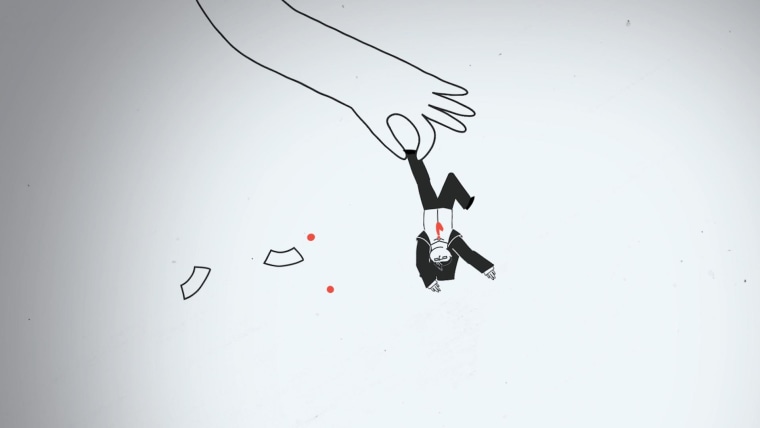Over the past few months, journalists have followed the virus’s spread; chronicled its medical, economic and social impact; and shared vital information about how people can stay safe. They’ve corrected wrong information, exposed myths and conspiracies and sought a balance of relaying real dangers within a context of chances and percentages.
This is true of both national outlets and local journalists, with the latter a particularly dogged group. Cost-cutting measures have culled their ranks for years, and even in recent weeks, as they work to share this critical story with their communities, they have been furloughed and laid off. They tell the stories that hit closest to home, often without the acclaim, resources or job security they deserve. And yet, they persevere.
Journalists have found a way, because there is no other choice. At its core, journalism is a public trust, and, in times like these, journalists see their service through regardless of the harm they may face. This is the seminal story of our time, and we absolutely must get it right.
We have done this before. During World War II, Americans learned about the Nazis’ nightly bombing in London when Edward R. Murrow stood on a rooftop and reported the news.
During Vietnam, Americans finally found out what was really going on because our journalists stood up to the government and sided with the truth.
Today, enduring, influential newspapers and wire services have provided as much illuminating coverage as at any other time in our history. The networks and cable news don’t hesitate to share these stories, crediting the sources, adding their own investigations, analysis and due diligence, and broadcasting them to a vast worldwide audience. That will have real impact over the coming weeks and months as Americans confront big questions about our reshaped society.
Humbled by the responsibility we bear, we try our damnedest to serve our audience.
Make no mistake, journalists have plenty of faults. Our coverage is rarely, if ever, flawless. We are a collection of human beings making hundreds of decisions a day. During times like these, as millions of people turn to the news for answers, the choices we make about what to air and how to report it can make the difference between panic or persistence, and even life or death. Humbled by the responsibility we bear, we try our damnedest to serve our audience.
In one of his last on-camera interviews, I asked the legendary editor Ben Bradlee how he would define journalism, as he knew it over a lifetime. He said, with almost a religious conviction: “‘If true’ … the greatest words ever written in journalism. … What’s the truth? What is the truth? What really happened?”
In that moment, I thought how lucky I was to have a career in the news business. In this moment, it feels more like a calling.
At this dark hour, people are scared. They’re being bombarded daily by noise and information, not all of it correct — some of it intentionally divisive and polarizing. They’re hungry for accurate information and the straight, unvarnished truth. Now, and in all the days to come, journalists will be there.












